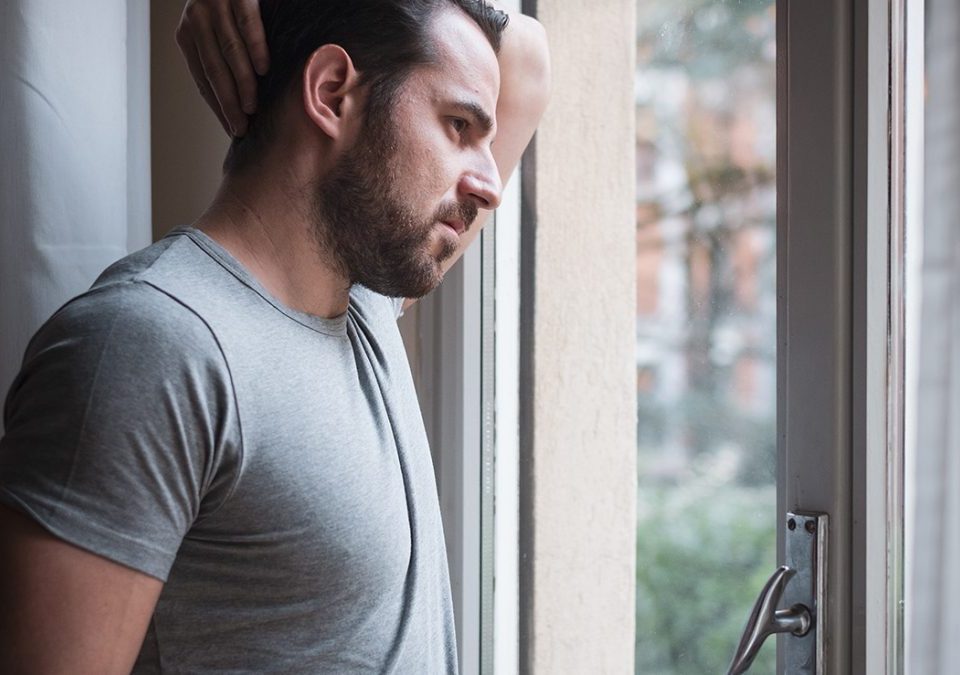Sober Living While in Addiction Treatment

Individuals with substance use disorders may receive professional help to combat their abuse of drugs or alcohol. This intervention typically begins with admission to a medically supervised inpatient facility for detoxification and stabilization during withdrawal. Once stabilized from dependency, they will progress to the next phase of treatment in an outpatient rehab center. During this stay, individuals are provided care at a level tailored to their specific needs to ensure sobriety.
Do you need addiction treatment near you? Call Redemption Addiction Treatment Center at (855) 712-9679 today to learn more about sober living and addiction treatment. In order to support long-term sobriety, we can assist you in finding the best options for outpatient programs and sober living facilities that align with your individual recovery needs.
Addiction and Sober Living
Usually, this begins with a partial hospitalization program (PHP), which provides substance abusers with 25 hours of addiction therapy per week. There is also an intensive outpatient program (IOP), which is a step down from a PHP Program and includes 9-15 hours of addiction therapy. A final level of care is an outpatient program (OP). Each week, the OP Program provides one hour of individual therapy and one hour of group therapy. Treatment for substance abuse usually includes all three levels of care in order to address the underlying causes of addiction in drug or alcohol-addicted individuals.
Sober Living Communities: What Are They?
It is sometimes necessary for individuals to have more structure during the hours they are not in groups or counseling sessions when they attend an outpatient drug and alcohol treatment center. As a result, they can benefit from being surrounded by peers who are seeking an escape from addiction. Sober living communities provide this structure and support.
A sober living community is a safe and structured environment where individuals can continue their recovery journey outside of a formal treatment environment. Individuals in sober homes live with housemates who also have substance abuse problems, and most homes require daily attendance at 12-step meetings and random drug testing. The residents are held accountable for their recovery and given the structure and support they need to remain sober.
The location, cost, rules, and regulations of a sober living community should all be considered when looking for a sober living community.
Sober Living: Benefits
- In early recovery from drug or alcohol addiction, sober living can provide many benefits.
- Living in a structured environment.
- Maintains long-term sobriety.
- Builds a peer support network for sobriety.
- Assists those in recovery from addiction by providing a sense of community.
- It enables individuals to learn to have fun in sobriety.
- Early recovery tips can be learned by individuals.
- Educates about responsibility and accountability.
- Ensures a smooth transition from drug and alcohol treatment to everyday life
- Maintains accountability while continuing treatment for drug or alcohol addiction.
Despite the fact that sober living communities differ in how they operate and run, their main objective remains the same. In early recovery, sober homes help people transition from treatment to everyday life in a positive and effective manner. Through the assistance of others, recovery from addiction is possible and achievable.
Redemption Addiction Treatment Center offers sober living and addiction treatment
At Redemption Addiction Treatment Center, we offer comprehensive and specialized substance abuse treatment services. Our dedicated and caring staff is here to create a supportive atmosphere and provide valuable guidance to people in the early stages of recovery. We also have sober living homes available as a safe haven while they embark on their journey. If you or someone you know is looking for help with addiction, please call (302) 485-7278 to get more information.
For more information about a safe recovery, please contact Redemption Addiction Treatment Center. Call now to learn more (855) 712-9679




